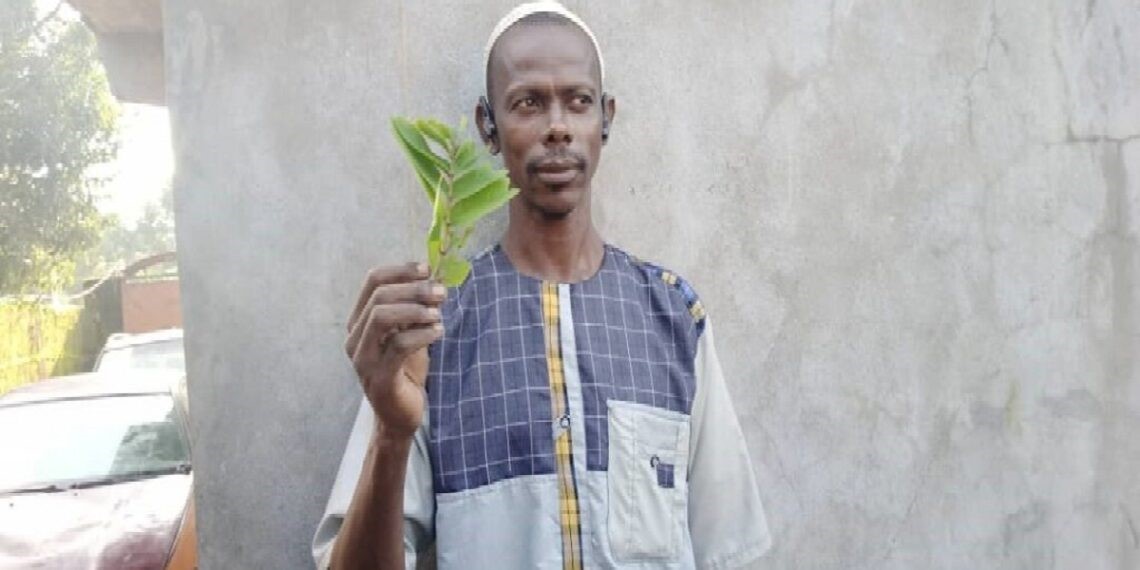AYV News, September 18, 2024
A Sierra Leonean traditional healer boasts. President of the Council of Traditional Healers in Sierra Leone, Sheku Tarawallie has revealed that traditional remedies could potentially cure Monkeypox (MPox).
During a demonstration at their headquarters in Waterloo, Tarawallie showcased natural herbs believed to be effective against M-Pox, provided they are utilised before the outbreak escalates.
Tarawallie expressed confidence in the healing properties of these herbs, claiming they are also effective for treating various skin conditions including skin rash, chickenpox and other localised skin infections.
He said several West African countries no use modernised traditional methods to successfully treat similar diseases.
Tarawallie explained that M-Pox differs from chickenpox primarily in the size of the lesions, with M-Pox causing larger, swollen lumps. Locally, M-Pox is referred to as ‘Allay’ in Sierra Leone and is characterised by a more severe reaction on the skin compared to chickenpox.
According to Tarawallie, traditional treatments involve administering herbal remedies both orally and topically. He emphasised that the timely use of these herbs could significantly improve recovery times.
He further explained that dehydration exacerbates the condition, making it crucial to address the skin disease before it progresses.
The Council of Traditional Healers has developed specific herbal medications designed to act quickly, with the potential to treat M-Pox within a week.
Tarawallie attributed the limited impact of traditional medicine to marginalisation and lack of inclusion in government health initiatives, particularly during public health emergencies.
He proposed that if the government modernizes and supports traditional medicine, it could significantly reduce the reliance on imported pharmaceuticals. Tarawallie assured that despite the absence of an official government response to M-Pox, traditional herbalists are actively working to prevent the disease and are ready to collaborate with health authorities.
The traditional healers’ community remains committed to proving the efficacy of their remedies and hopes for greater recognition and integration into the national health strategy.

